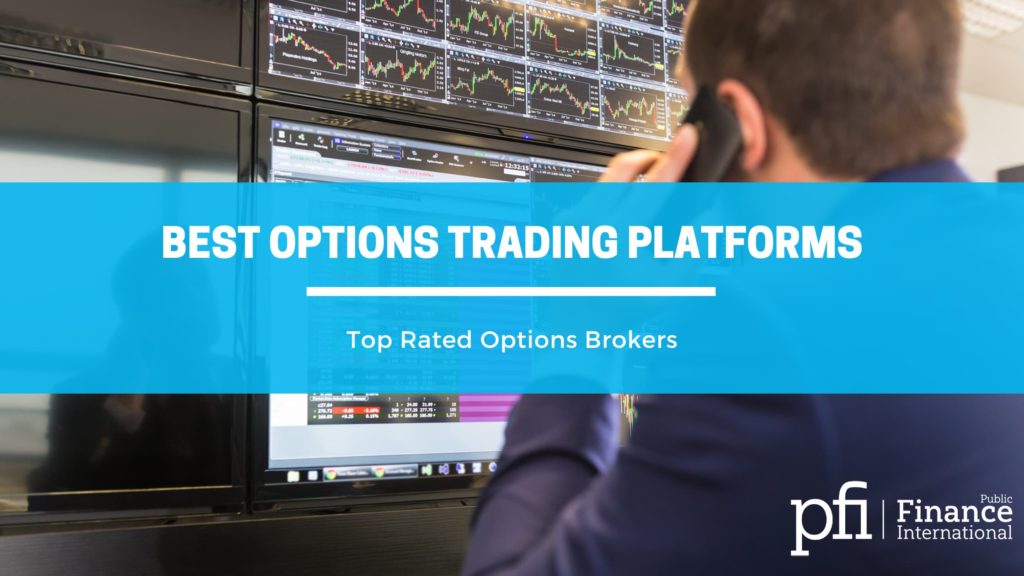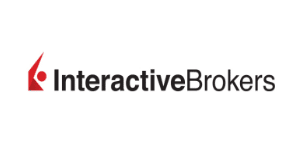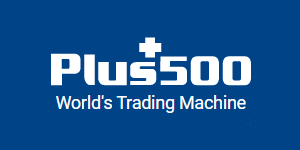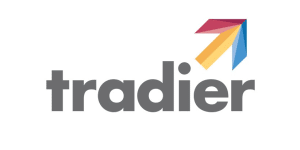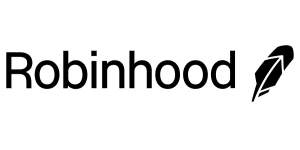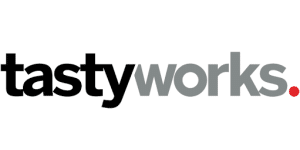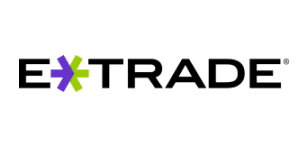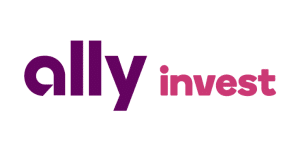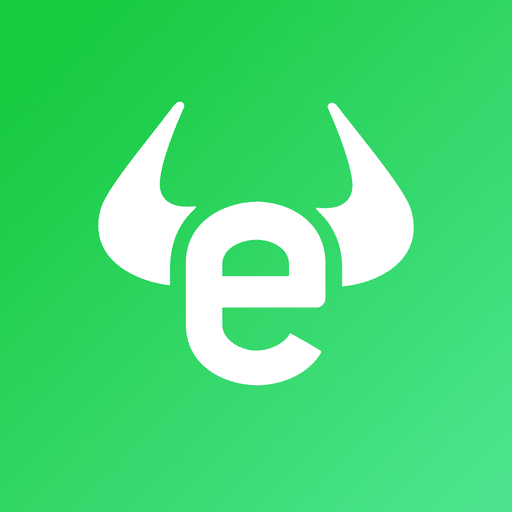In this guide, we go over the top options trading platforms based on various factors. Options trading offers high-profit margins both for brokers and traders alike. This means the competition is high, and every broker strives to provide a great platform for options trading.
For our round-up, we researched many options trading platforms across many different factors. We focused on the platform's functionality for options such as streaming data, greeks offered, charts, calculators, greeks stream, and others.
Best Brokers For Options 2023
This list of brokers for options trading is based on numerous factors. Fees & commissions, account security, customer support, ease of use, regulation, and more are considered in our analysis.
This is a recap of our selections…
- Interactive Brokers – Best Options Trading Platform Overall
- Plus500 – CFD Options Broker for Non-US Traders
- TD Ameritrade – Best Options Trading Platform Tools
- TradeStation – Best Options Trading Platform Technology
- Webull – Best for Low Fee Options Trading Platform
- Fidelity – Great Options Trading Platform For Beginners
1. Interactive Brokers – Best Options Trading Platform Overall
Interactive Brokers is known for its smart and easy-to-use tools. It offers global investing tools.
With Interactive Brokers, you can access 150 markets in 33 markets across the world. Interactive Brokers is best for advanced active traders thanks to their low fees and many trading tools.
When it comes to options trading, IB offers commissions ranging from USD $0.15 – 0.65 per contract. You can trade options on over 30 market centers and access advanced options trading tools.
When it comes to educational resources, Interactive Brokers offers Traders' Academy with over 50 free online courses on investing, including options.
Their platform is available on mobile, as a web application, and on desktop. During our testing, their execution speed was in line with the industry standards, and their tools were more than we could wish for. They include advanced tools like rollover options tools, analytics, options portfolio, options strategy builder, and much more.
| PROS | CONS |
|---|---|
| Low Options Trading Fees and Commissions | Trader Workstation (TWS) can be complicated for novice traders |
| Educational Resources | |
| Regulated by Top-Tier Authorities | |
| Low Margin Rates |
2. Plus500 – CFD Options Broker
Plus500 is a well-regulated CFD options broker from Israel. Plus500 is listed on the stock exchange and is part of the FTSE 250 index.
Their platform is easy to use. It is available in multiple languages, which is always a plus.
A downside of this platform is that Plus500 does not offer good educational content. We would not recommend this platform for beginners.
Plus500 has competitive spreads and charges 0% commissions for options trading. They charge overnight funding, currency conversion, inactivity fee, and guaranteed stop order fees.
| PROS | CONS |
|---|---|
| User-friendly platform | Not Available in the US |
| Demo Account | No swap account |
| Regulated by Top-Tier Authorities | Only CFD Trading |
| Multiple Languages |
3. TD Ameritrade
TD Ameritrade's trading platform is one of the best for options trading. It has a $0 account minimum, the platform is easy to use and navigate, which makes trading easy.
TD offers 24/7 phone and email support. They offer virtual trading, which is ideal for beginners who want to try out the platform without putting their money at risk.
Their platform offers excellent research and risk management tools available.
This platform can also be used to study option strategies, do asset risk, and set up rolling spreads for expiration dates.
For beginners, thinkorswim offers educational tools so that you can learn on the go.
We would recommend this platform for both beginners and expert options traders.
| PROS | CONS |
|---|---|
| Great Education | Can only trade US Markets |
| Offers more than just options | High margin interest rates |
| Great Trading Platform | |
| Trading Tools |
4. Tradestation
TradeStation is a great choice for options traders thanks to their OptionStation Pro platform. They excel in their trading technology, offering a great platform with trading tools for options.
Tradestation has a $0 minimum deposit, and their options trading fee is $0.60 per contract.
What is excellent about Tradestation is that you can trade stocks, options, futures, forex, and crypto from a single account. There is a separate account for trading options and stocks, but executed through the same platform.
They have everything an options trader would need, including advanced charts, indicators, market depth, level 2 quotes, and much more. All you need for analysis and trading.
A drawback is that this platform was designed with expert traders in mind. It is not the most accessible platform to use and does require some tutorials.
We recommend it to intermediate to advanced traders.
| PROS | CONS |
|---|---|
| All-in-one Platform | Learning Curve for Beginners |
| Fast Execution | Option Chains not the Best |
| Option Charts | |
| Customizable |
What Is Options Trading?
An option is a contract that gives the owner the right to buy or sell an asset at a specific price (strike price) by a specific date (expiration).
This is based on the kind traded.
They can be bought or gained as a form of compensation. Options are assets and have value. The value is determined by the relationship between the underlying asset value, expiration date, and market volatility.
They can be traded between private parties or in exchange trade via markets in the form of standardized contracts.
To make this easier to digest, we have broken up trading into four key points:
Options contracts
These are agreements between buyer and seller. It gives the buyer the right to buy or sell the asset at a specific date (expiration date) and an agreed-upon price (strike price).
Contracts are used as commodities, securities, and in real estate transactions.
Premiums
This is the market price of a contract. It is the income the seller receives for the contract.
There are two factors for in-the-money premiums, namely, intrinsic and extrinsic value. For out-of-the-money premiums, only extrinsic value is given.
The premium is generally valued at a dollar amount per share. Contracts generally account for 100 shares.
The premium has more value the further away it is from expiration.
Strike price
The strike price is also known as an exercise price. It is the price at that the owner of an option can buy or sell a commodity or underlying security. The strike price could be decided by the market price of the option or commodity.
The strike price can also be set at a discount or a premium.
When an option needs delivery of the underlying instrument, the trade occurs at the strike price. This occurs regardless of the market price at the time.
Expiration
The expiration date is the last day that contracts are valid. Before the contract expires, investors can decide to ‘realize’ the option and make a profit or loss. Or they can decide to let it expire and become worthless.
How Much Money Do You Need to Start Trading?
There is not a set amount of money you need to start trading. But, this does not mean that there aren’t any costs involved. The amount that you could end up spending depends on the trading platform you use.
To make your life a bit easier, we have listed some of our favorite trading platforms. We drew up this list keeping beginners in mind.
How to Pick an Options Broker?
Choosing an options trading platform can be a stressful task, especially if you’re starting. Before jumping in, it is good to think about what you want.
Think about your needs, wants, and goals. And, of course, your bank account.
Do you want to be an active trader? Do you want to dabble? How much money are you willing to invest?
Once you have that figured out, you can begin sorting through the thousands of online reviews to find a platform that suits your needs.
Once you’ve narrowed this down, the real fun begins. Here are a few things to consider:
Fees
Now it’s time to compare all of the fees to see which platform offers you the best deal. Online reviews and videos can help with this. Here are a few fees you should look at before making your decision.
- Exercise fees: Exercise fees are charged when you decide to exercise an option instead of closing it
- Assignment fees: Assignment fees are charged if you have stock from an option automatically sold or bought because the stock was exercised.
- Per contract fees: Stockbrokers can charge a base option fee as well as a commission for each contract. The fee system can have multiple tiers for trading. This offers you some flexibility.
- Commission fees on trades: When trading online, brokers can charge a commission fee for every trade you make.
- Transaction fees: This fee is charged when buying or selling a good or service.
Education
If you’re a beginner, a platform’s educational content should be high on your checklist.
Customer services
An important thing you should look at is customer service. Trading platforms usually offer live chats, phone call services, or email.
Regulation
You should make sure that the platform you’ve chosen is regulated. Trading platforms are regulated by the country they are based in or by third-party companies.
Safety
When trading, make sure that the platform ensures that your personal information is secure. Investing is a risky game and being secured against hackers can give you peace of mind.
Trading Platforms
Most trading companies offer platforms such as web-based and as desktop. There are also mobile apps. If you’re a trader on the go, ensuring that the broker offers numerous platforms is something you should consider.
In our experience, it might take a few tries to find the perfect fit. Our advice is to do your research to make an informed decision.
Buying and Selling Options
Options trading is not as straightforward as most stock trades. There are four basic order types.
Options order types
Buy to Open
This is a common type of options order. This works when a contract could increase in price. This method is used when you want to make a long or short position on an underlying security.
Sell to Open
This is used if you want to open a trade and sell an option using ‘naked calls’. You can also use this to make a profit if you think the security price is at risk.
Buy to Close
This is used if you want to close a trade. Buy to close ends your short position.
Sell to Close
A sell-to close is used when you want to end your long position option. You can use this when you want to make a profit on an option after it goes up in value.
Advanced Options Orders
Advanced option orders are option trading strategies. Here we have listed the common strategies that you can use.
Combination Orders
This strategy involves combining put and call options when entering a trade. This strategy is also known as an “iron butterfly”.
Market Orders
This lets a broker know you want to buy or sell an option at market price. There is a risk in using this method because a broker can make you wait before you buy or sell. If the market price drops, you will have an order filled at a bad price. This doesn’t happen too often, but there is a risk.
Limit Orders
This lets you set the price point of a buy or sell. It can help you avoid market drops and helps you know the stock trends. You can then use this information to your advantage.
Which Vertical Option Spreads Should You Use?
There are four types of vertical spreads. These are the bull call, bear call, bull put, and bear put. Using a vertical spread, you can buy one and sell options at a higher strike simultaneously. You can do this by using both puts or calls.
FAQ
What is a put option?
A put is used by investors who want to place a bet on a stock. This is usually if they think the stock price will drop. Buying a put gives you the freedom to sell shares of a stock at the strike price before the expiration date.
This can be profitable because the value of the contract will increase as the stock drops. But, if the stock value increases, the contract value will drop.
What is a call option?
A call is used by investors who want to bet that the stock value will go up. Buying a call will give you the freedom to sell the shares of a stock at the strike price before the expiration date.
This means that the contract value is based on the value of the stock. If the stock value rises, so will the value of the option contract. But, if the stock drops, so will the contract.
Is options trading risky?
Yes. Options trading is a leveraged investment and like most investments, it is risky. When entering any investment you are at risk of a loss.
This is why having education content and research are so important when choosing a trading platform.
You might also like:
- Our list of the best Binary Options Brokers
- Options Trading Singapore – The Ultimate Guide
